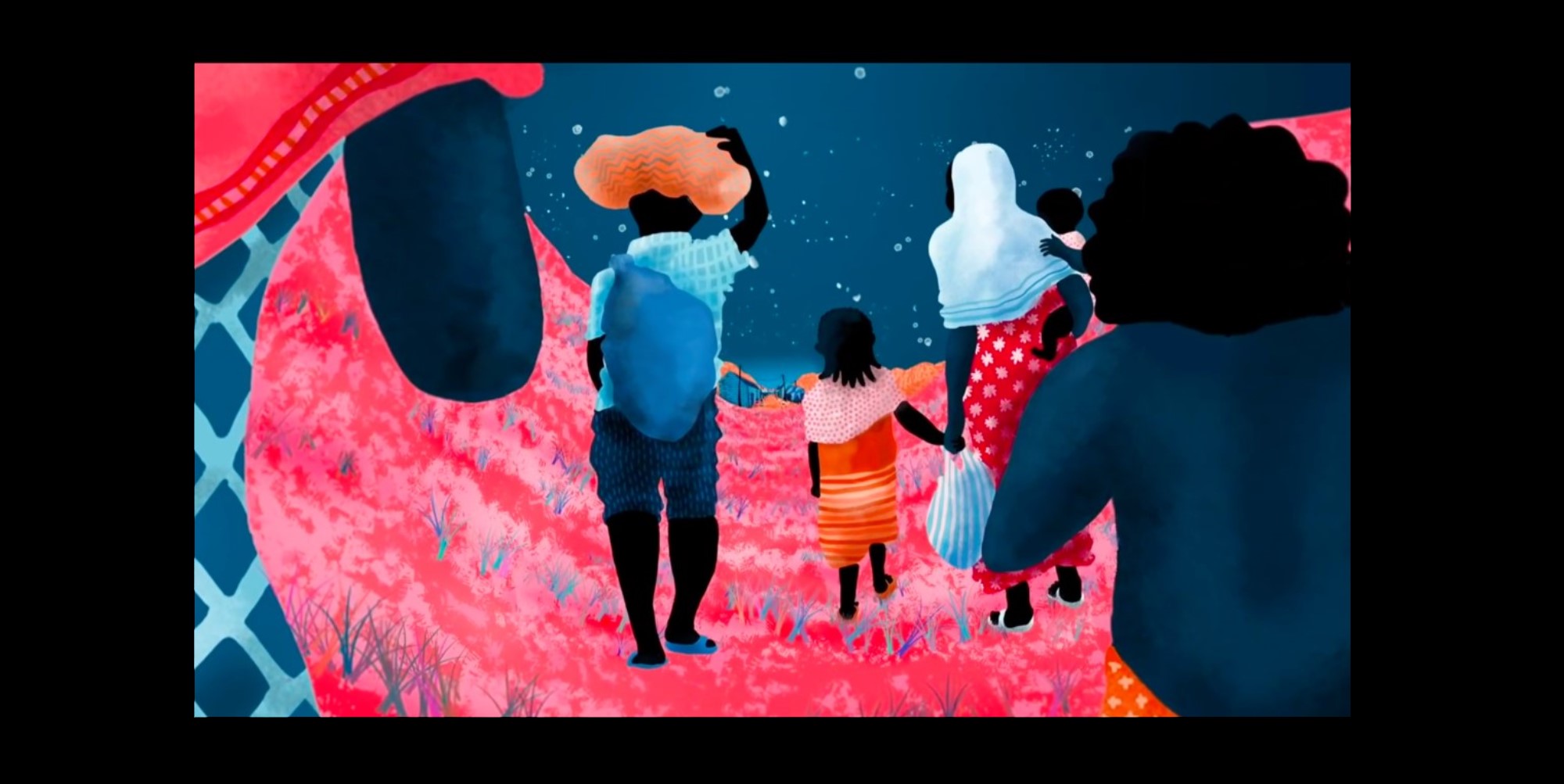Films
Co-produced research and impact
Image credit: MigART, Positive Negative Project
We employ a range of PAR and innovative creative methods to empower marginalised communities throughout the research process and beyond, and co-create research impact. Examples of projects include:
- ‘Living Coast’ (Acott) worked with residents and independent artists living in less affluent UK coastal communities, and used a community voice method (involving film production, creative-arts workshops, exhibition, photography, deliberative public meetings) to co-author a report for the non-departmental public body Natural England on how a healthy costal environment can benefit a diverse range of users.
- ‘The Connected Sociologies Curriculum Project’ (Eliott-Cooper) used participatory action learning to co-author with teachers, students, and community leaders in youth clubs, faith groups, and supplementary educational settings; and co-produce free resources supporting decolonised approaches to teaching across the social sciences.
- As advisor on the ‘StopWatch’ campaign group, Elliott-Cooper utilised participatory action learning approaches with the Metropolitan Police to introduce explicitly inclusive approaches to community policing.
- Research project (Kalocsanyiova) used community café methods as way of centring the voice and experiences of displaced and refugee students' transitioning and re-integrating into Higher Education.
- ‘Making it Count’ project (Mann) investigated experiences of homelessness in East London, included a homeless person as co-researcher on the project, and used community café methods to build partnerships with homeless shelter NewWay, local churches in the London Brough of Newham, and national charity Housing Justice.
- University of Greenwich staff-student collaboration project addressing student experiences and race identity politics in Higher Education (Owusu-Kwarteng) used auto/biographical and participatory theatre methods to provide advice and develop tools for the University’s and University Alliance’s (Teeside University, Sheffield Hallam, Leeds Beckett) strategic initiatives aimed at improving BAME attainment in Higher Education.
- Participatory Artsbased Methods for Civic Engagement in Migrant Support Organizations, with Open University, Praxis, Creating Ground, Magpie Project, North East of England (Regional Refugee Forum NE) – training staff/volunteers from migrant support organizations and community networks in the London and in the North East of England in forum theatre and creative participatory methods for civic engagement, (Reynolds)
- Migrant populations in early 20th century Poland project (Sidorenko) established a partnership with Street Collodion Art Photography Collective using photography and with local elderly residents of Lower Silesia in Poland used auto/biography to co-design collodian portraits of home, place, identity and ethnic/national belonging as memory narratives, and as forms of artistic interventions.
- 'Polygamy Matters' (Vacchelli) a campaigning and advocacy project with MEWso (Middle Eastern Women & Society Organisation using digital storytelling, and arts-based workshops (involving collage-making, creative mapping and drawing) to generate inclusive research practices.
- MigART [Vacchelli in collaboration with Agata Lisiak (Bard College Berlin)]. This is an online repository of research, activist, and teaching projects that employ creative and collaborative methods to serve migrant communities, better understand migration, and communicate research findings in accessible and, when possible, interactive ways.
Artefacts, exhibitions and performances
‘Wetlands, Wonder and Place’ photo essay of wildlife of English lowland wetlands, part of a Royal Geographical Society exhibition, ‘Reclaiming Wetland Values: Marsh, Mud and Wonder’
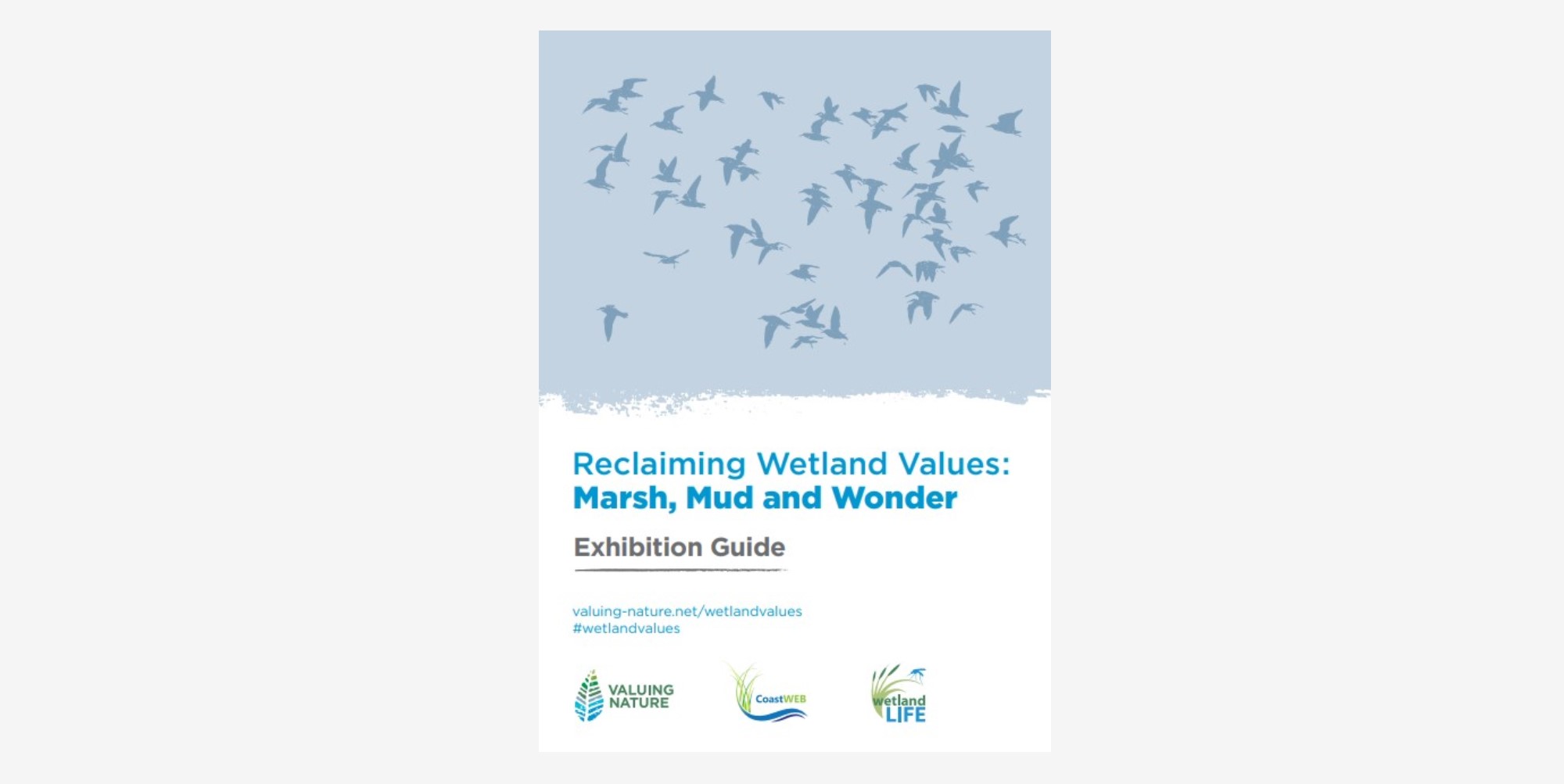
The exhibition was based on research findings from two projects, CoastWEB and WetlandLIFE, funded through the UKRI Valuing Nature programme, and took people on a journey across Coastal and freshwater wetlands in England and Wales, from the risks they face and opportunities they provide, to how they are perceived and valued, and how they can be managed to maximise benefits to human wellbeing. Visitors to the exhibition had the opportunity to explore and celebrate the values of these environments through an interdisciplinary combination of physical science, social science, economics, human and cultural geography, poetry, audio and visual art. They also had the opportunity to gain further insight or discuss the works with members of the project teams who were present throughout the week. READ MORE. Project Lead: Tim Acott
‘Across the seas; In Celebration of Windrush 2020’, with Maritime Museum, Caribbean Social Forum, Greenwich Dance
This project developed new services outreach programmes in the borough to celebrate the impact and legacy of the Windrush Generation. The project worked with local young people (via Greenwich Dance) and elders of the Windrush generation in South East London (via the Caribbean Social Forum), to document and share that generation’s stories with the wider community, using the National Maritime Museum and the University of Greenwich as platforms to ensure these important stories are heard. These stories were dramatized and shared with the public through a free Summer dance children’s workshops with Greenwich Dance ‘Windrush Celebration Summer dance Workshops’, performance/reading and online via podcasts, as part of season of public events across the Royal Borough of Greenwich between June and December 2020. Project Lead: Tracey Reynolds
‘Let Our Legacy Continue’ with Caribbean Social Forum and the Stephen Lawrence Gallery
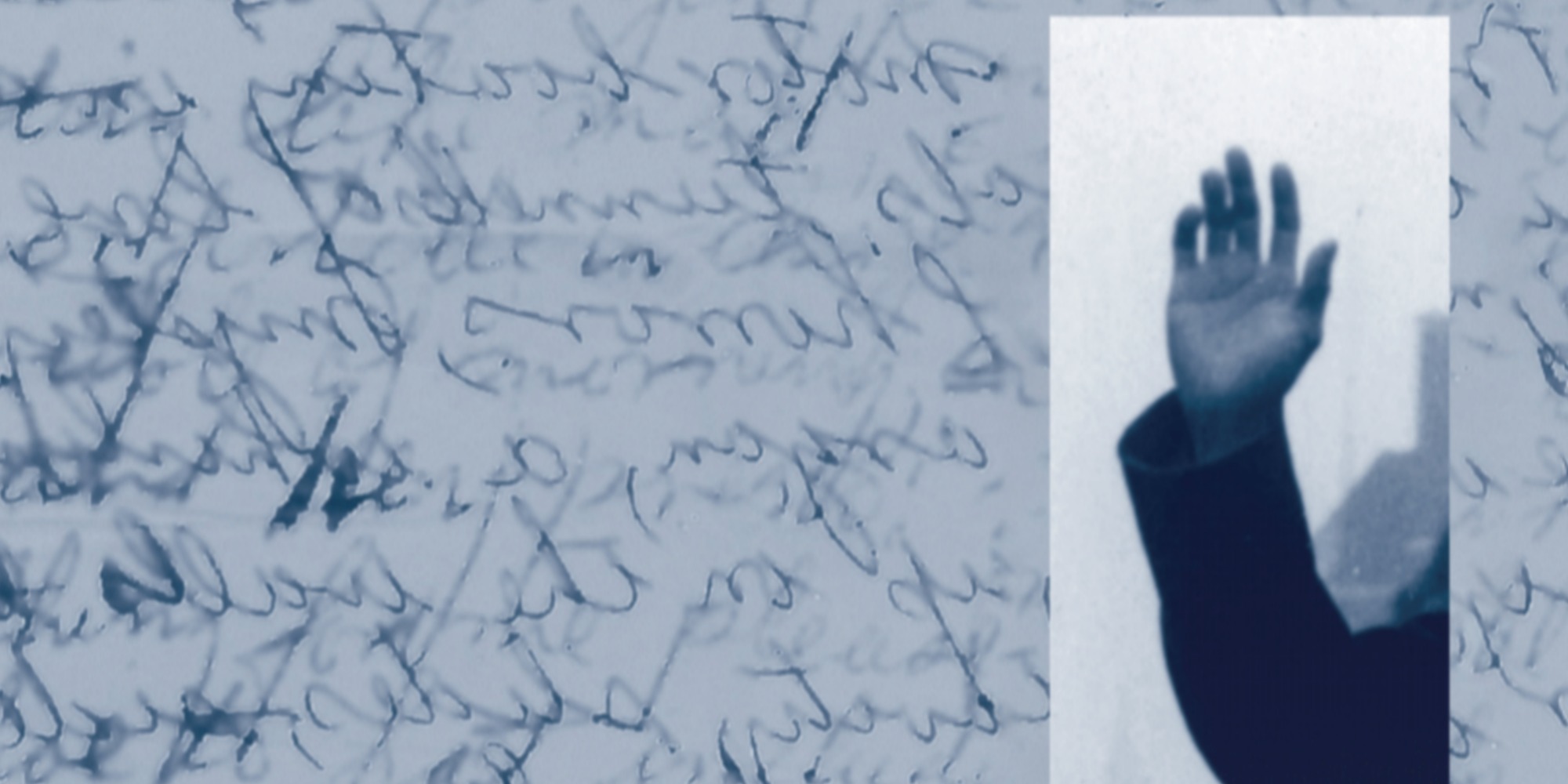
Image © Ingrid Pollard
Visual arts, sound, music and words were used to capture stories of migration and being Caribbean, to co-produce an exhibition with the Caribbean community. From the Caribbean to the UK to lockdown, we carry and re-remember stories of where we came from, journeys and first impressions. We do what we have always done to survive and thrive. We adapt and refresh skills. We innovate, create and re-create. This project captured and celebrated the rich material of our unique Caribbeaness as reflected in our everyday lives. Project Lead: Tracey Reynolds and Dave Hockham
Follow the links below to view videos produced for 'Let Our Legacy Continue':
xxx
‘Finding Strength: Our stories of the UK hostile environment’, with Creating Ground, and Citizens UK
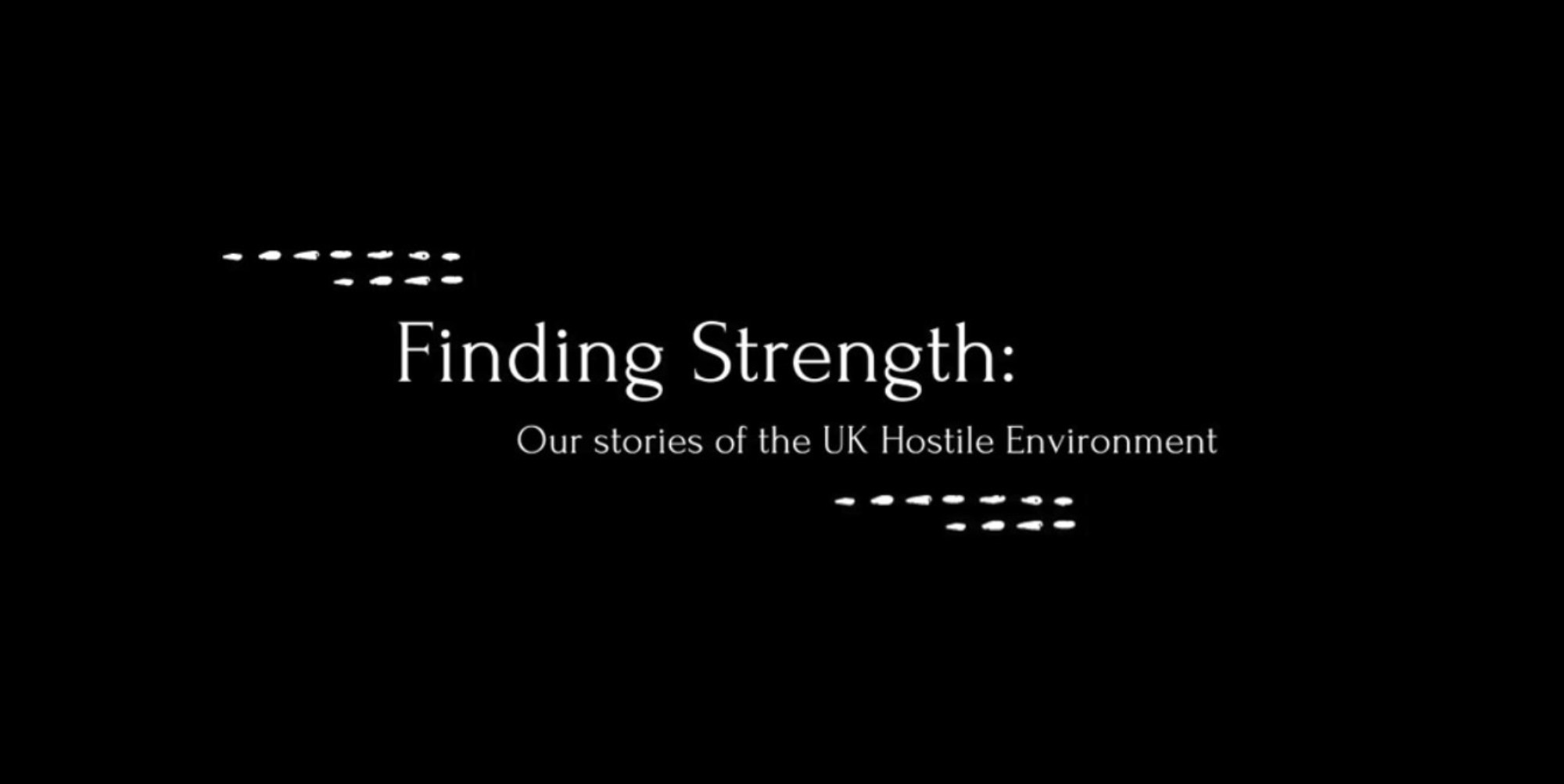
This co-produced participatory storytelling and a film co-produced with migrant women aims to raise public and policymakers’ awareness of the impact of the hostile environment on migrant families during Covid-19. Migrant women also benefited from the creative skills learned.
WATCH: 'FINDING STRENGTH'
‘My Creative Skills’ online exhibition, with Creating Ground
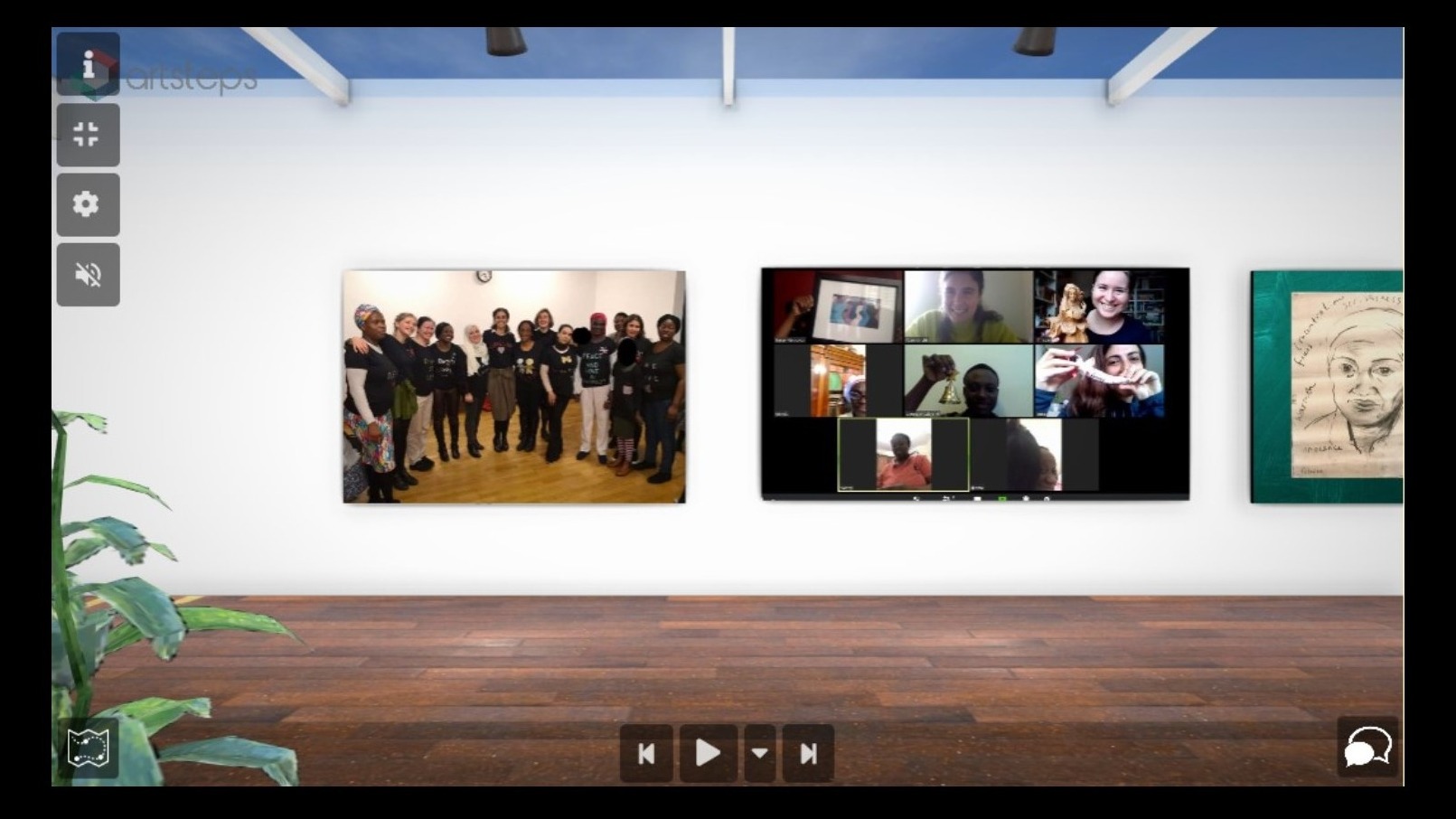
Participant-led workshops united women from migrant backgrounds to develop their leadership skills and share their creative strengths and unique ideas. An outcome was an ‘Creatively Together’, an online virtual exhibition of women’s work created before and during lockdown.
VISIT OUR VIRTUAL EXHIBITION
Selected tools, toolkits and training films
‘21st Century Catch Toolkit’
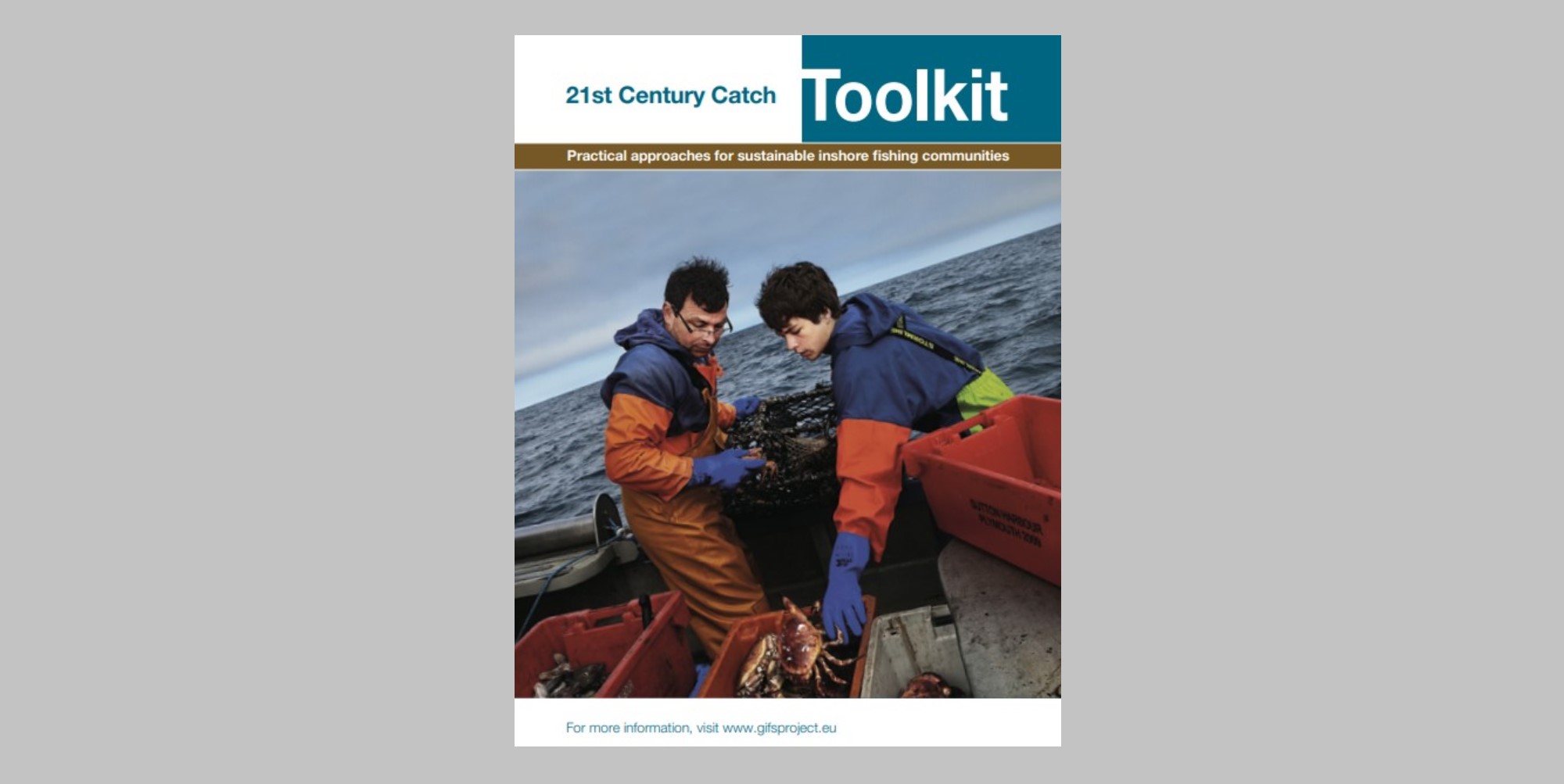
‘21st Century Catch Toolkit’ for valuing the economic, social and cultural importance of inshore fishing. Potential users include local authorities, fishers’ organisations, fisheries or marine planning officers, scientists, and interested community members from coastal fishing towns. Project Lead: Tim Acott
‘Death, Dying & Bereavement Across Religions’ (89pp) and ‘Loss and Grief’ (42pp)
An information booklet produced for the Rainbow Trust Children’s Charity, to aid families with seriously ill children and improve bereavement care. Project Lead: Panagiotis Pentaris
‘Religious Literacy in Hospice Care (RLHC)’
A training tool adding to End of Life care research and practice and the field of Thanatology. This model is now taught on University courses and Hospice training programmes internationally (Australia, Cyprus, Germany, Poland, UK), has informed the training of social workers in England led by Local Authorities, and has informed policy decisions in Cyprus’ new health system introduced in July 2020. Project Lead: Panagiotis Pentaris
'My Creative Skills' Toolkit
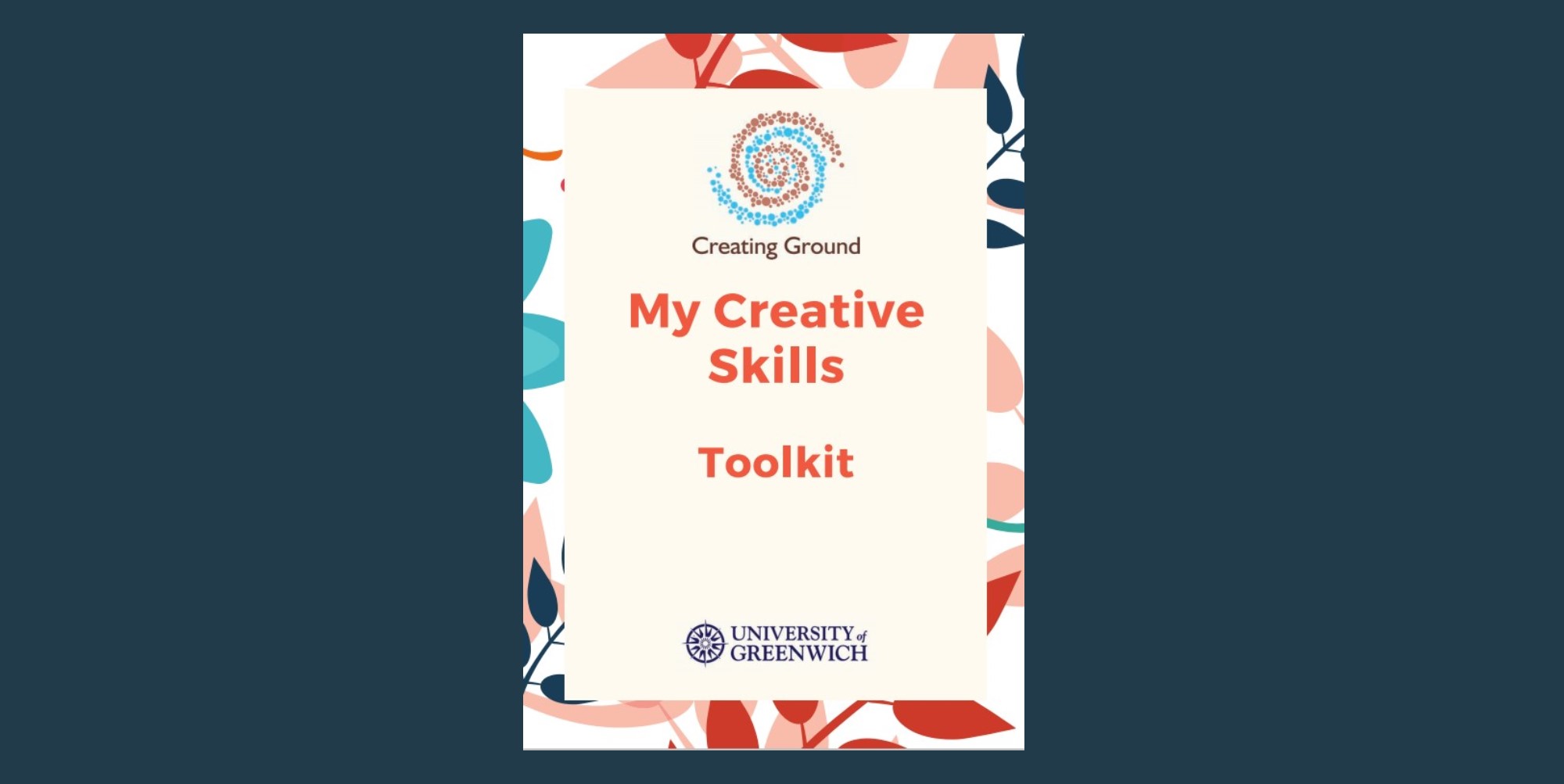
A toolkit for third sector organisations, based on principles of inclusivity, valuing all voices, trust, listening and action-oriented interventions,to use creative arts to connect with diverse groups of people and to share experiences. Project Lead: Tracey Reynolds (with Creating Ground)
